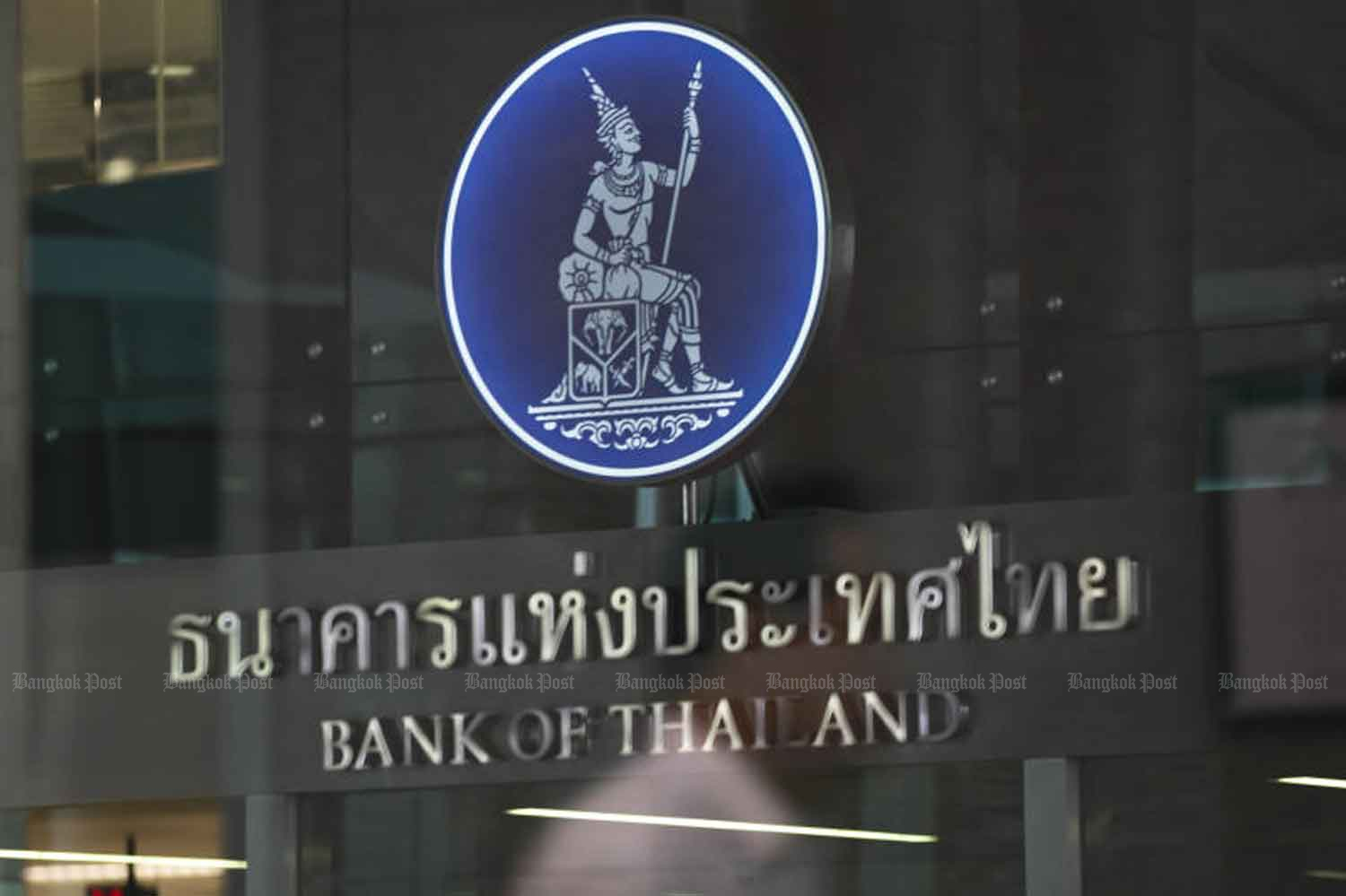Bank of Thailand’s BSF faces slew of criticism
The Bank of Thailand’s mechanism to inject liquidity to help stabilise the debenture market has yet again been met with criticism from one of the central bank’s alumni, with the main objection centring on the move’s failure to effectively address the problem’s root causes.
Amid risks that many corporations will experience a liquidity shortage, the central bank agreed to set up a 400-billion-baht Corporate Bond Stabilisation Fund (BSF) to provide bridge financing to high-quality firms with bonds maturing during 2020-21.
The fund is a pre-emptive move to prevent the impact of the coronavirus pandemic from affecting financial stability.
The scheme does not cover non-investment-grade bonds, as these instruments are favoured by high-net-worth investors who are more sophisticated.
The outstanding total on the Thai corporate bond market amounted to 3.6 trillion baht in February, accounting for more than 20% of GDP.
To be eligible for the BSF, corporate bond issuers must have raised the majority of their funding needs through other means such as bank loans or capital increases, have a clear long-term financing plan and meet other conditions as set out by the BSF’s investment committee later.
But the move has drawn both advocates and critics, with the latter camp arguing that the planned corporate bond purchases go beyond the central bank’s remit and any damage could come at a cost to the public.
Onetime finance minister and former central bank deputy governor Thirachai Phuvanatnaranubala was among the first to voice his opposition to the BSF, saying the Bank of Thailand should not play a role as a banker for companies and judge which companies deserve assistance.
Investment-grade bonds today could be junk bonds in the next three months amid the global crisis, Mr Thirachai said.
Navaporn Ruengsakul, a former secretary-general of the Government Pension Fund, is the latest to criticise the debenture-purchasing programme.
Ms Navaporn compared how the move has a tendency to be at the wrong end of addressing the problem, akin to a policy devised over 20 years ago during the 1997 financial crisis.
During that time, the central bank diagnosed that a liquidity shortage among finance companies was the root cause of the problem and failed to devise a proper measure to help good debtors, which effectively snowballed the problem, she said.
“This time, the central bank views that the Thai capital market is facing a ‘liquidity’ problem and is afraid that it will affect commercial banks and therefore will bail out debt securities by allowing commercial banks to be part of the risk,” Ms Navaporn said.
“But actually, the whole economy has a liquidity problem,” she said. “Every economic activity has entered ‘hibernation.’ People with savings choose to hold cash instead of investing in various instruments.”
What the central bank should do instead is to inject capital to nourish the economy through examining which sectors have been bearing the brunt of the pandemic, she said.
“In the old days, the central bank thought credit should be for exports,” Ms Navaporn said. “We made a re-discount of export bills through commercial banks at very low interest rates. But this time, the policy has to match the current situation.”
The central bank yesterday clarified that the BSF is a pre-emptive measure to support market liquidity, stabilise the overall financial system and build up investor confidence.
Bond market volatility both internationally and locally could lead to panic selling and affect existing corporate bond rollovers.
As a result, the central bank must have precautionary measures to ensure that the market will function normally, and such measures could be unnecessary when the market mechanism returns to normal, the bank said.
Vasin Vanichvoranun, chairman of the Association of Investment Management Companies, said the BSF will help shore up market confidence amid growing uncertainty and panic-selling from the virus pandemic.
Source: https://www.bangkokpost.com/business/1901495/bank-of-thailands-bsf-faces-slew-of-criticism


 Thailand
Thailand





